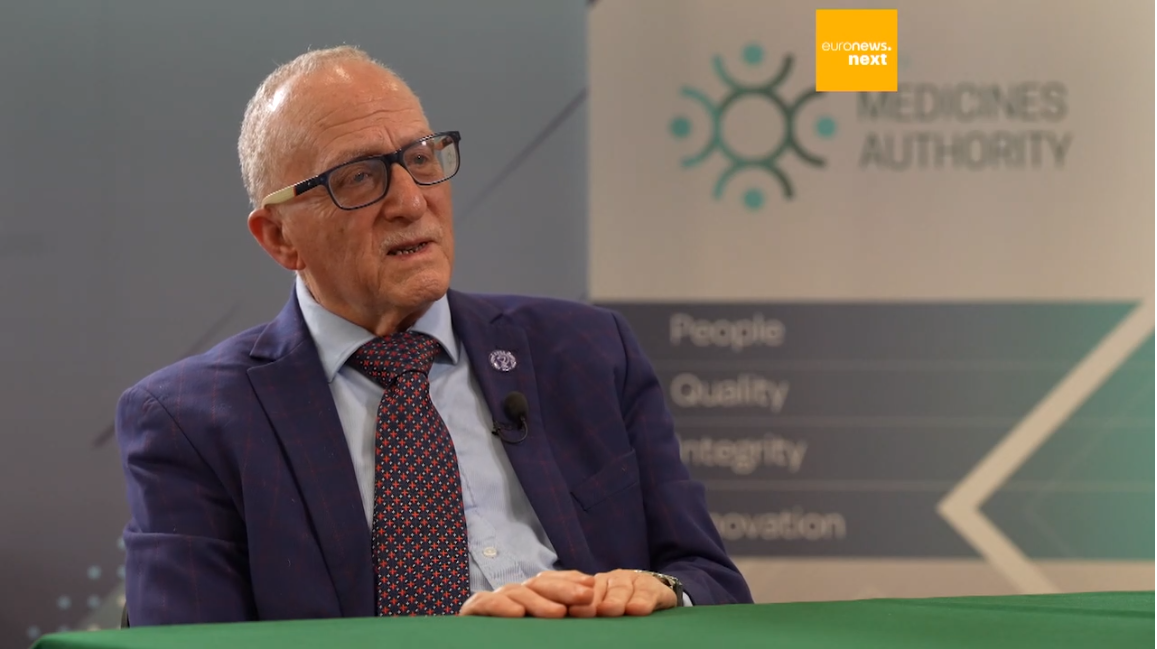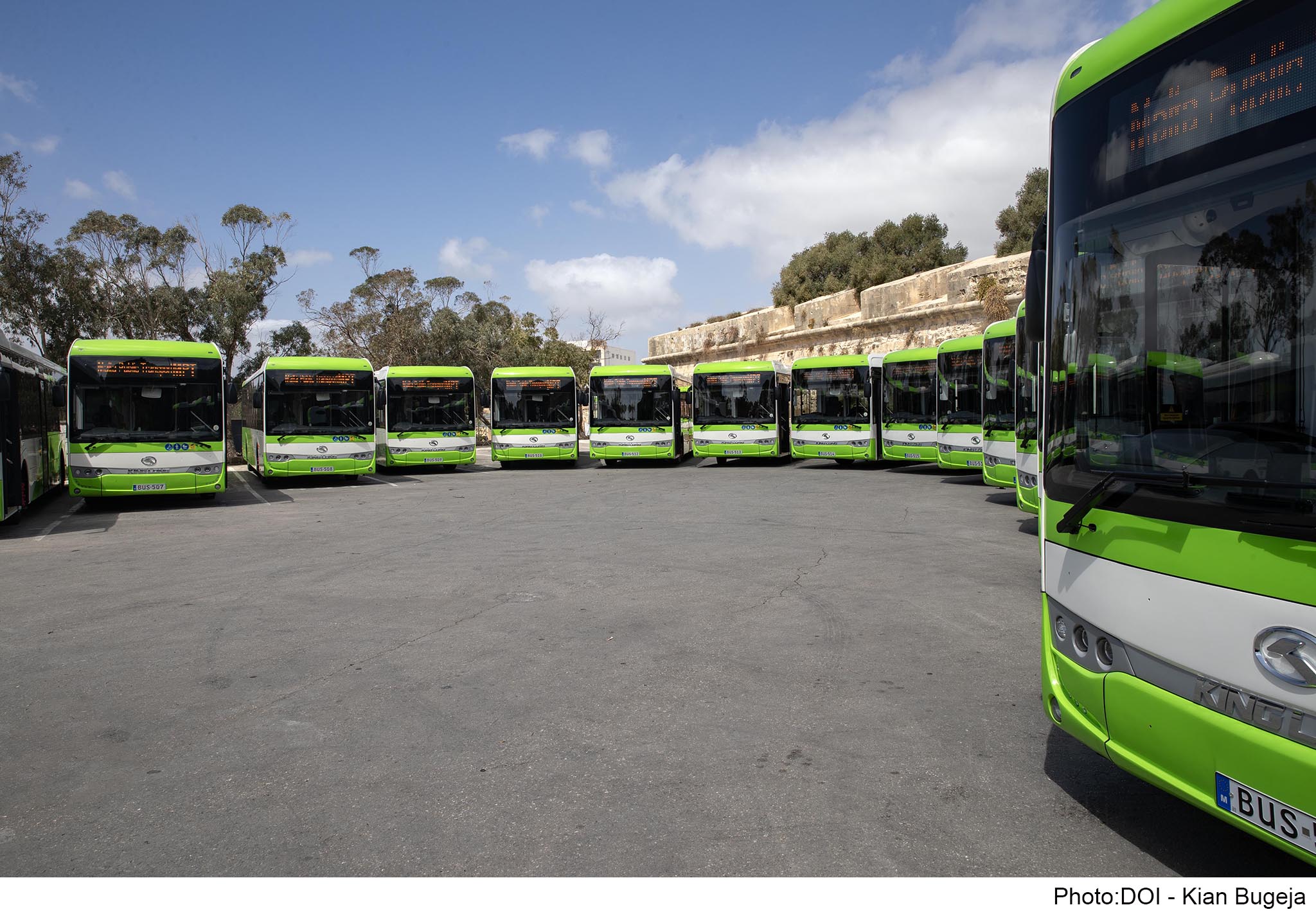Certain pharmaceutical companies have a tendency to go for smaller markets and charge a higher price, according to the executive chairperson of the Malta Medicines Authority.
In an interview with Euronews, Prof Serracino Inglott talked about the challenges small countries such as Malta face in ensuring proper access to medicines, and possible solutions for the future.
“There is a tendency for the industry in certain areas to go for smaller markets at a high price. So you sell the medicines at a very high price to a lesser number of people rather than selling the medicine to a larger number of people at a lower price,” said Prof Serracino Inglott.
“The European Union should start thinking that innovative medicines should be made available, affordable, to all citizens in all countries.”
Access to medicine has been a persistent topic of discussion of late, following a global medicines and raw materials shortage which not only affected local pharmacies but also producers.
“The way it appears that they’re trying to achieve that through the new legislation is by giving incentives to those medicines that are also at a reasonable, affordable price,” explained Prof Serracino Inglott.
This is in reference to a recent reform proposed by the European Commission, called the pharmaceutical directive.
Prof Serracino Inglott explained the current three pillars regarding medicines in the EU, that medicines have to be safe, effective and of good quality.
To that, the EU is seeking to add a fourth pillar, that it is accessible.
“Therefore, to put a drug on the European market, it has not only to be safe, effective and of good quality as a requirement for the market authorisation.”
Featured image: Anthony Serracino Inglott via Euronews
Unpacking Malta’s new American-style bankruptcy framework
The EU is reforming its insolvency rules to adopt some of the most beneficial elements of the US framework
More than half of all workplace deaths in last two years involved construction
No women died on the job in 2022 and 2023
Government shells out close to €70 million to national bus operator Malta Public Transport in 2023
Buses became free for residents in late 2022, leading to a hefty increase in the public subsidy






